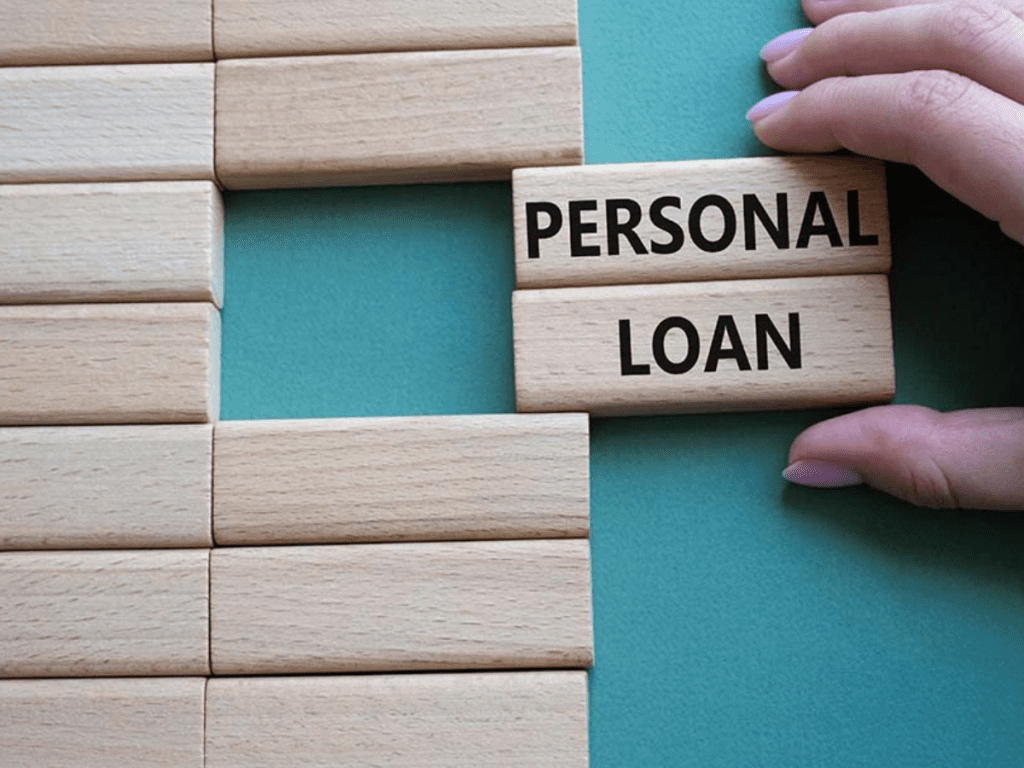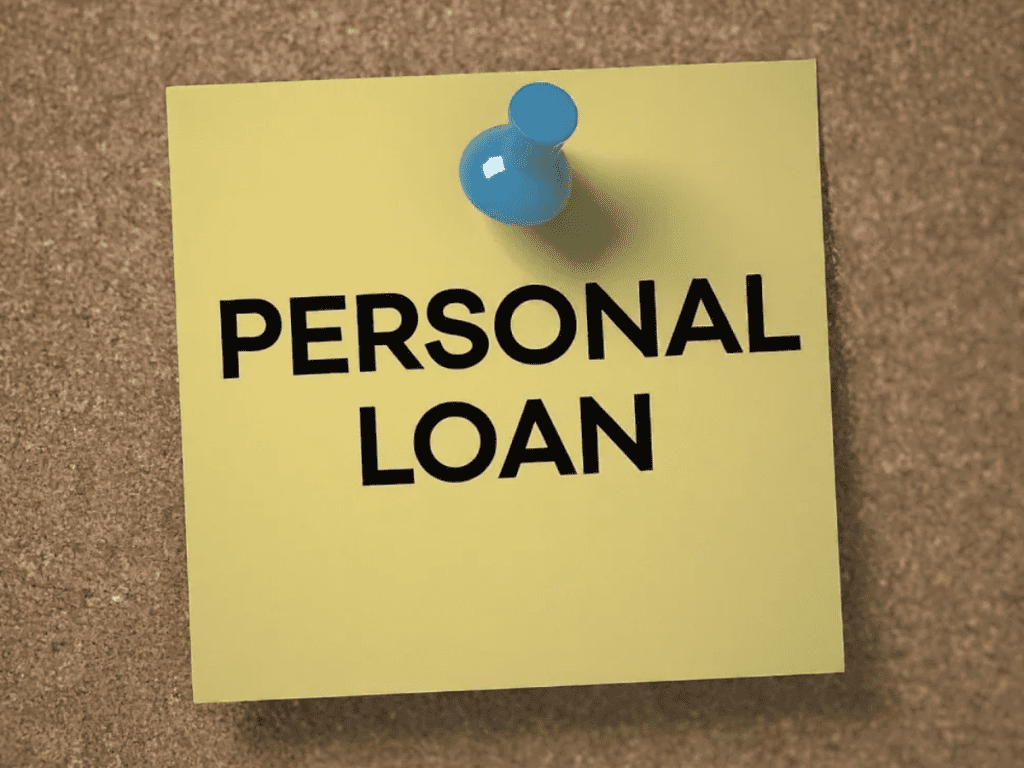Introduction
In today’s financial landscape, people often find themselves needing access to funds for various reasons such as medical bills, home repairs, or unexpected expenses. In these situations, borrowing money can seem like the only viable solution. Among the borrowing options available, personal loans and payday loans are two commonly considered methods. While both serve as means to access money in times of need, there are stark differences in their structure, cost, and impact on a borrower’s financial health. This article will explore why personal loans are a much safer and more affordable alternative to payday loans.
Understanding Personal Loans
A personal loan is a type of installment loan that is typically offered by banks, credit unions, and online lenders. Borrowers receive a lump sum of money upfront and are required to repay it over a set period, usually through monthly payments. The terms of repayment, including the interest rate and loan period, depend on the lender, the borrower’s creditworthiness, and other factors such as income.
Personal loans are often unsecured, meaning no collateral is required, although some lenders might offer secured personal loans where an asset is pledged to back the loan. Personal loans can range from a few hundred to several thousand dollars, and the interest rates are generally more competitive than those of payday loans.
Exploring Payday Loans
Payday loans, on the other hand, are short-term, high-interest loans that are typically offered by payday lenders and are designed to be repaid in full by the borrower’s next payday. The loan amounts tend to be small, typically ranging from $100 to $1,000, and the repayment period is extremely short—often within two weeks. While payday loans may seem appealing due to their quick and easy approval process, they come with severe drawbacks, particularly in terms of high-interest rates and fees.
Why Payday Loans Are Risky
Payday loans often trap borrowers in a cycle of debt that can be difficult to break. The high interest rates associated with payday loans can result in the borrower owing much more than they initially borrowed. For instance, payday loan providers can charge APRs (Annual Percentage Rates) of 400% or more, which can balloon quickly, especially when the borrower is unable to repay the loan on time.
Moreover, payday loans are typically structured as single-payment loans, which means the borrower must repay the entire amount, including interest, in one lump sum. For many, this can be an overwhelming financial burden, particularly if they do not have the funds available at the time of repayment. This often leads to borrowers taking out additional payday loans to cover the first loan, which can create a cycle of borrowing that is nearly impossible to escape.
Another critical issue with payday loans is the lack of regulation in many areas. While some states in the U.S. have implemented regulations to cap interest rates and limit the number of payday loans a person can take out, payday lenders continue to operate in areas where regulations are less stringent, allowing them to charge exorbitant fees and exploit vulnerable borrowers.
Why Personal Loans Are a Better Option
1. Lower Interest Rates
One of the most significant advantages of personal loans over payday loans is the interest rate. Personal loans generally offer far lower rates, especially for borrowers with good credit. While the rates on personal loans can vary, they are typically much more affordable than the sky-high rates associated with payday loans. For example, a personal loan might come with an interest rate of 10% to 36%, compared to payday loans that can charge APRs of 400% or more.
Lower interest rates mean that borrowers will pay much less over the life of the loan, making personal loans a more affordable option for those in need of cash.
2. Longer Repayment Terms
Unlike payday loans, which are designed to be paid off in a lump sum in a matter of weeks, personal loans come with longer repayment terms, typically ranging from one to five years. This extended repayment period allows borrowers to break up their payments into more manageable monthly installments, making it easier to repay the loan without putting too much strain on their finances.
In addition, the fixed monthly payments ensure that borrowers know exactly how much they owe each month, allowing them to budget more effectively. This predictability makes it easier to plan ahead and avoid missing payments, which can lead to late fees or additional interest.
3. More Flexible Loan Amounts
Personal loans offer greater flexibility in terms of the loan amount compared to payday loans. While payday loans typically offer only small amounts, personal loans can range from a few hundred dollars to tens of thousands of dollars, depending on the lender and the borrower’s creditworthiness. This flexibility allows borrowers to secure the necessary funds to cover larger expenses without having to rely on multiple payday loans.
Moreover, personal loans can be used for a variety of purposes, including debt consolidation, home improvement, medical expenses, or educational costs. Payday loans, by contrast, are often limited to smaller, immediate needs and are not typically intended for long-term financial goals.
4. No Collateral Required
Most personal loans are unsecured, meaning the borrower does not need to put up any collateral to obtain the loan. This is in contrast to secured loans, which require assets like a home or car as collateral. While payday loans are also unsecured, the risk to the borrower is much higher because of the extreme interest rates and short repayment terms.
5. Improved Credit Score Potential
When a borrower takes out a personal loan and makes regular, on-time payments, they have the potential to improve their credit score. This can be beneficial for future financial needs, such as purchasing a home or car. In contrast, payday loans typically do not report to credit bureaus, meaning that they do not have a direct impact on a borrower’s credit score.
By choosing a personal loan, borrowers can not only manage their current financial situation but also build their credit for the future. On the other hand, payday loans can have a detrimental impact on credit scores if the borrower defaults or falls behind on payments, making it harder to access credit in the future.
6. Transparency and Regulation
Personal loans are subject to greater regulation and transparency than payday loans. Lenders are required to disclose the interest rates, fees, and terms of the loan upfront, ensuring that borrowers are fully informed before they sign any agreements. This level of transparency helps borrowers understand exactly what they are getting into and makes it easier to compare different loan options.
In contrast, payday loan agreements are often confusing and unclear, with hidden fees and unclear terms that can lead to borrowers being caught off guard by the total amount due. The lack of regulation in many areas means that payday lenders are not always held accountable for their practices, which can be predatory in nature.
7. Better Customer Service and Support
Personal loan providers typically offer more comprehensive customer service and support compared to payday lenders. Lenders of personal loans often have dedicated customer service teams that can assist borrowers with payment concerns, offer solutions for those struggling to repay, and provide guidance on managing finances. Many personal loan providers also offer online account management tools that allow borrowers to track their payments and stay on top of their loan balance.
Payday loan providers, by contrast, are often less interested in helping borrowers manage their loans and more focused on collecting fees. Borrowers who face difficulties repaying payday loans may not receive the same level of assistance and can be subject to aggressive collection tactics.
The Risks of Personal Loans
While personal loans are generally a safer alternative to payday loans, they are not without their risks. Borrowers must ensure they have the ability to repay the loan before taking one out, as failing to do so can result in late fees, higher interest rates, and potential damage to their credit score. Additionally, personal loans can sometimes have fees for late payments or early repayment, so borrowers should carefully review the terms and conditions of the loan before agreeing to it.
Furthermore, borrowing more than necessary can lead to debt accumulation. It is important for borrowers to carefully assess their financial situation and borrow only what is necessary to avoid overburdening themselves with debt.
Conclusion
In conclusion, while both personal loans and payday loans can provide financial relief in times of need, personal loans are the superior choice for borrowers seeking safe, affordable, and long-term financial solutions. They offer lower interest rates, longer repayment terms, and greater flexibility compared to payday loans, which often come with exorbitant interest rates and short repayment periods that can trap borrowers in a cycle of debt. By choosing a personal loan, borrowers can improve their financial stability, build their credit, and avoid the pitfalls associated with payday loans.

